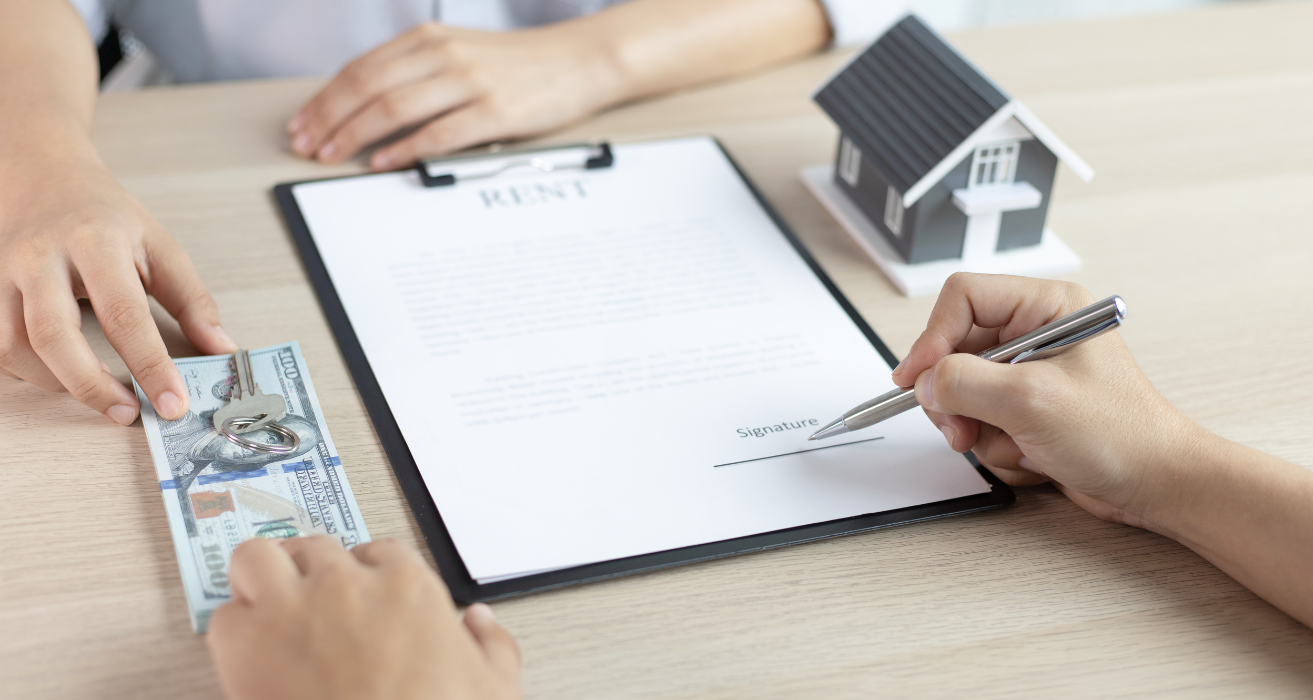What Property Liens Mean for Homeowners and Buyers?

Liens are the sneaky deal-killers in real estate. Imagine falling in love with a home, only to find out it’s tied up in unresolved debt. Or worse, owning a home and discovering someone else has a legal claim against it. Whether you're buying or selling, understanding property liens can protect you from costly delays or outright disasters.
Property liens are claims that creditors or government agencies place on real estate to secure unpaid debts. Buyers must check for these liens before closing to avoid inheriting a financial mess. Sellers should resolve liens early in the process. This guide breaks it all down so you can move forward with clarity.
Key Takeaways:
- Property liens are legal claims on real estate due to unpaid debts or obligations.
- Buyers should always check for liens during the title search.
- Sellers must resolve liens to transfer a clear title.
- Not all liens are deal-breakers, but some are serious red flags.
- Title insurance can help protect you from hidden liens.
What Is a Property Lien?
A lien is a legal claim or right against a property, usually as collateral for a debt. If you owe money and stop paying, the creditor can file a lien against your property. Until that lien is cleared, you can't sell or refinance your home.
Common Types of Liens:
- Mortgage lien – Created when you finance your home.
- Tax lien – Filed by the IRS or state/local government for unpaid taxes.
- Mechanic’s lien – Contractors or suppliers who haven’t been paid for work or materials.
- Judgment lien – From a lawsuit where the homeowner was found liable.
- HOA lien – When homeowners' association dues are unpaid.
Pro Tip: If you're buying a home, your title company will check for these during the title search, but always ask for a copy of the lien report yourself.
How Liens Affect Homeowners?
Liens don’t just sit quietly on a title, they can seriously impact your finances and freedom.
Here’s how:
- You can’t sell or refinance until the lien is satisfied.
- Liens can lead to foreclosure in some states.
- A lien on your home can lower your credit score.
- Some liens may include interest and penalties that grow over time.
If you're unsure whether your property has a lien, contact a title company or your county recorder’s office.
How Liens Affect Buyers?
When you're buying a home, liens can turn a dream deal into a legal headache. You don't want to inherit someone else's debt.
As a buyer, make sure to:
- Request a title search from a reputable title company.
- Purchase title insurance to protect against undisclosed liens.
- Ask for a lien payoff letter if a lien is discovered.
- Avoid closing until all liens are satisfied and officially recorded as released.
Heads up: Some buyers mistakenly think a home listed on the MLS is “clear.” That’s not always the case. Do your due diligence.
How to Remove a Lien?
Clearing a lien typically requires full payment or legal action. Here's a simplified step-by-step:
- Get a payoff amount from the lienholder.
- Pay the debt (may include interest, penalties, and legal fees).
- Obtain a lien release or satisfaction of lien document.
- Record the release with the county recorder’s office.
In rare cases, you may be able to dispute or negotiate the lien if it’s invalid or inaccurate. A real estate attorney can help.
Why Title Insurance Matters?
Title insurance is your safety net. It protects you from financial loss if there are hidden or undiscovered liens that surface after you close.
It’s usually a one-time cost, paid at closing, and it can save you tens of thousands of dollars in legal fees or debt settlements later on.
Pro Tip: Always work with trusted professionals like Be My Neighbor and realpha who ensure thorough title checks and provide lien-related insights upfront.
Conclusion: Protect Yourself—And Your Purchase
Liens don’t have to be deal-breakers, but they must be taken seriously. Whether you’re buying, selling, or just curious about your current home, understanding liens gives you the power to act with confidence.
For expert guidance and a transparent, commission-free home buying experience, realpha offers a smarter path forward. And if you're working with a trusted mortgage partner like Be My Neighbor, you’ll have a team committed to full compliance and clear communication.
Ready to explore your next move? Let’s make sure no liens are lurking in the shadows.
FAQs
What is a property lien, and why does it matter?
A lien is a legal claim against a property due to unpaid debts. It matters because it can block sales, refinancing, or transfers of ownership.
Can I buy a house with a lien on it?
You can, but you shouldn’t unless you know the lien will be cleared before closing. Otherwise, you may be stuck with the debt.
How do I find out if a property has a lien?
Ask your title company to conduct a full title search, or check with your local county recorder's office.
Do liens affect my mortgage approval?
Yes. Lenders typically won’t approve a mortgage if there are outstanding liens that impact the title.
Can I remove a lien myself?
You can, but it requires paying the debt in full or challenging it legally. You’ll also need to file documentation proving it's resolved.
Disclosures:
Be My Neighbor, LLC is a licensed mortgage company. NMLS #1743790. All loans are subject to credit approval and property eligibility. This blog is for informational purposes only and does not constitute legal or financial advice. Please consult with a licensed real estate attorney or advisor before making any decisions. realpha is a commission-free home buying platform that partners with real estate professionals and lenders to simplify the purchase process. Realpha is not a mortgage lender. Always verify lien information through a qualified title company or attorney before closing on a home.





.png)
.png)
.png)
.png)
.png)
.png)








.jpg)
.jpg)
.jpg)
.jpg)
.jpg)
.jpg)
.jpg)
.jpg)
.jpg)
.png)








.png)
.jpg)
.jpg)
%20(1).jpg)
.jpg)
.jpg)

.jpg)
.jpg)



-min.png)
.avif)
-min.png)
-min.png)
.jpg)
.avif)

-min.png)

.avif)
.avif)






-min.png)
-min.png)
-min.png)

-min.png)

-min-p-1080%20(1)%20(1).jpg)
-min.png)
-min.png)
.avif)
.avif)
.avif)
.avif)
.avif)
.avif)
.avif)
.avif)
.avif)
.avif)
.avif)
.avif)
.avif)
.avif)
.avif)

.avif)
.avif)
.avif)
.avif)
.avif)
.avif)
.avif)
.avif)
.avif)
.avif)



